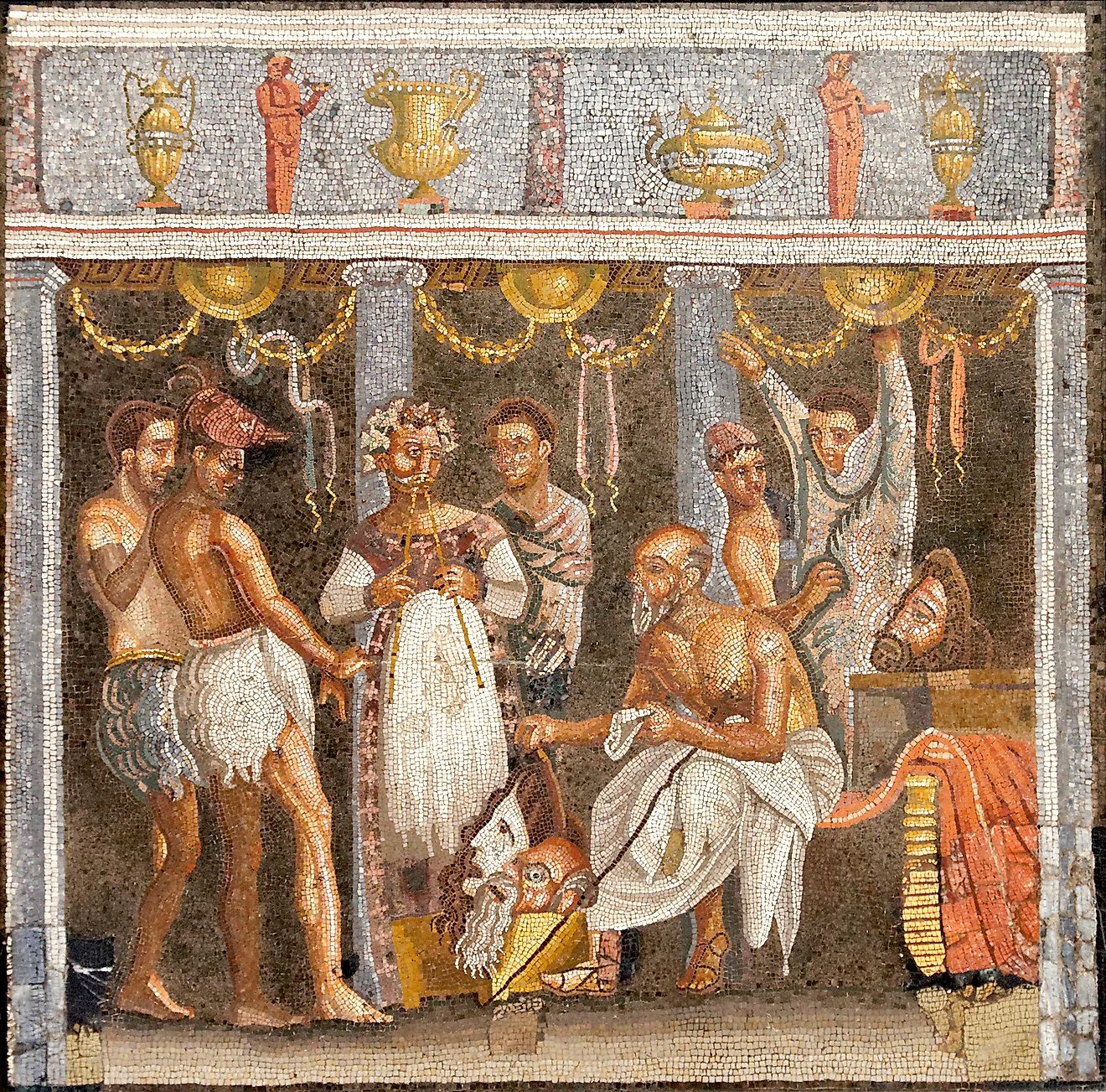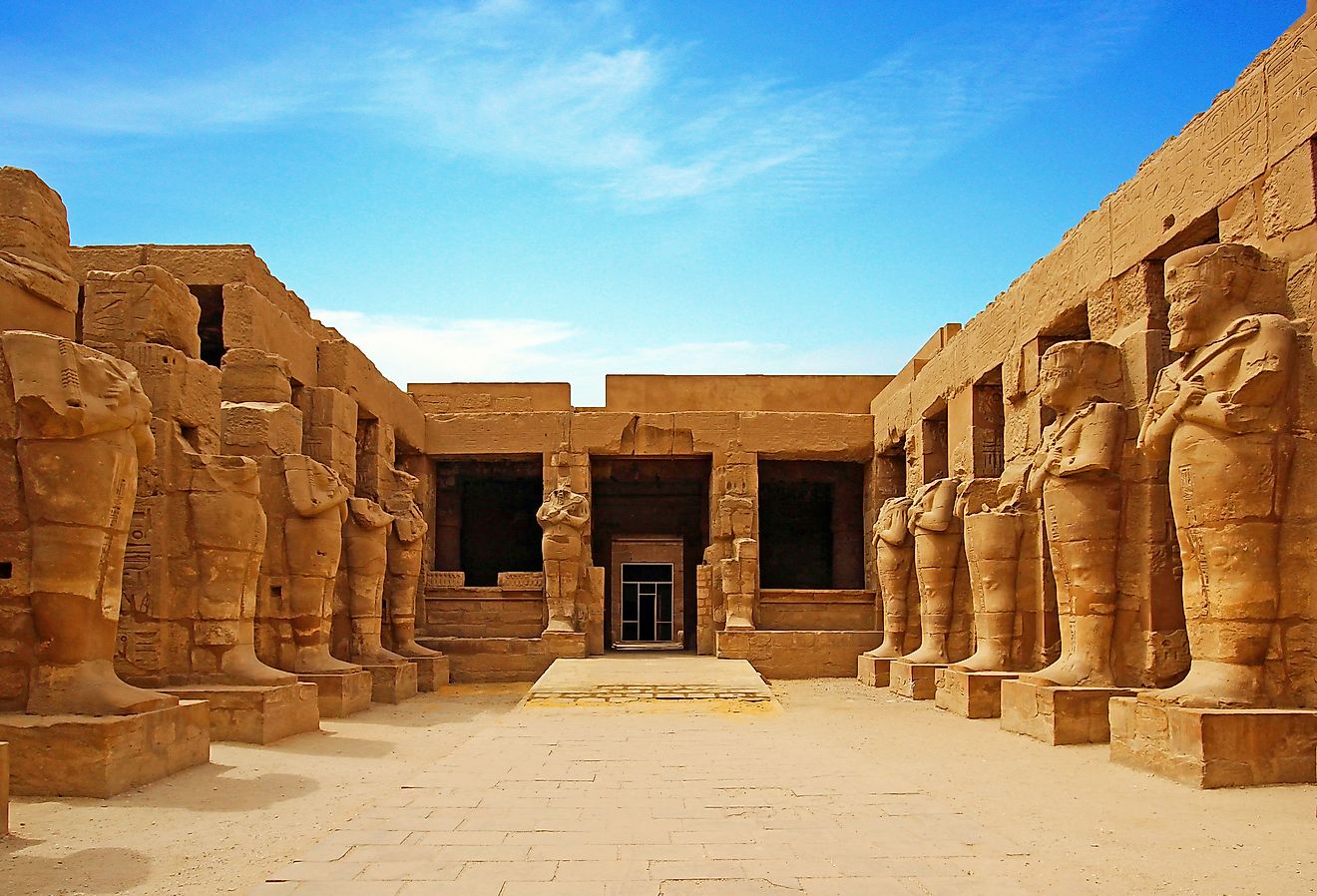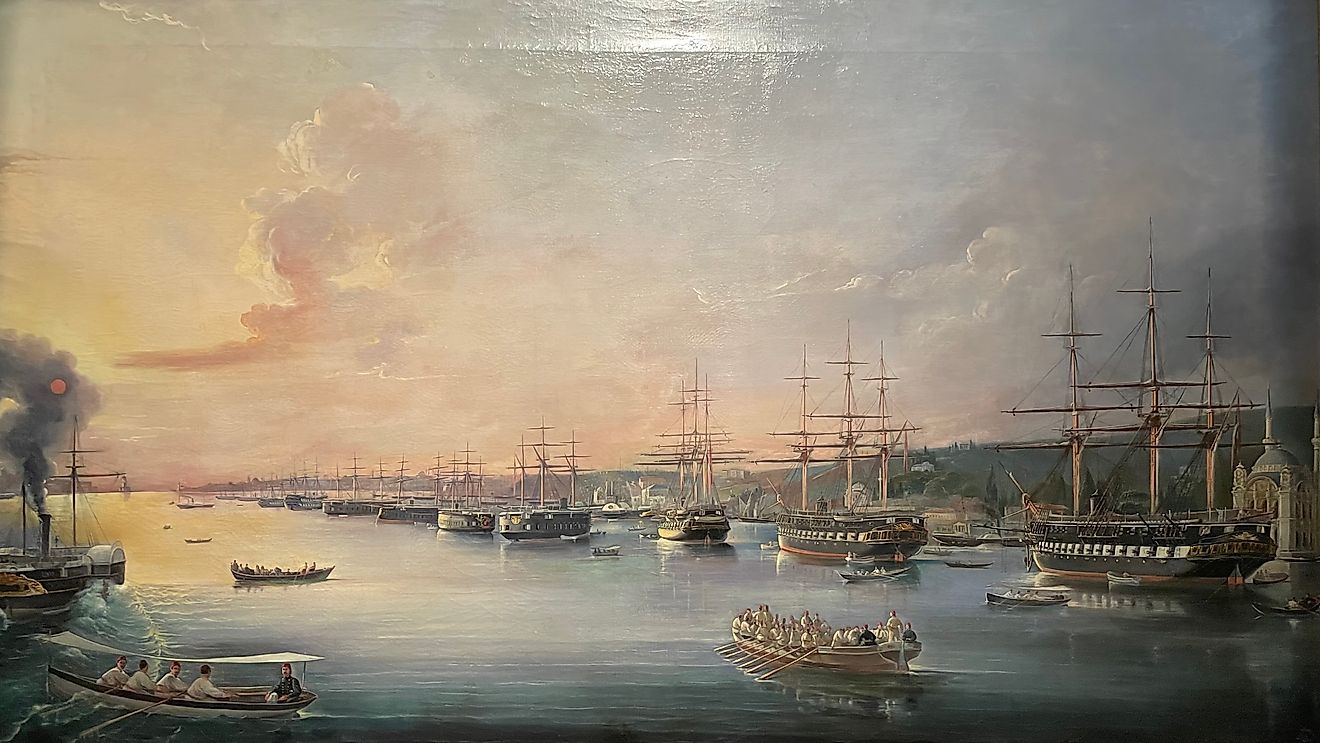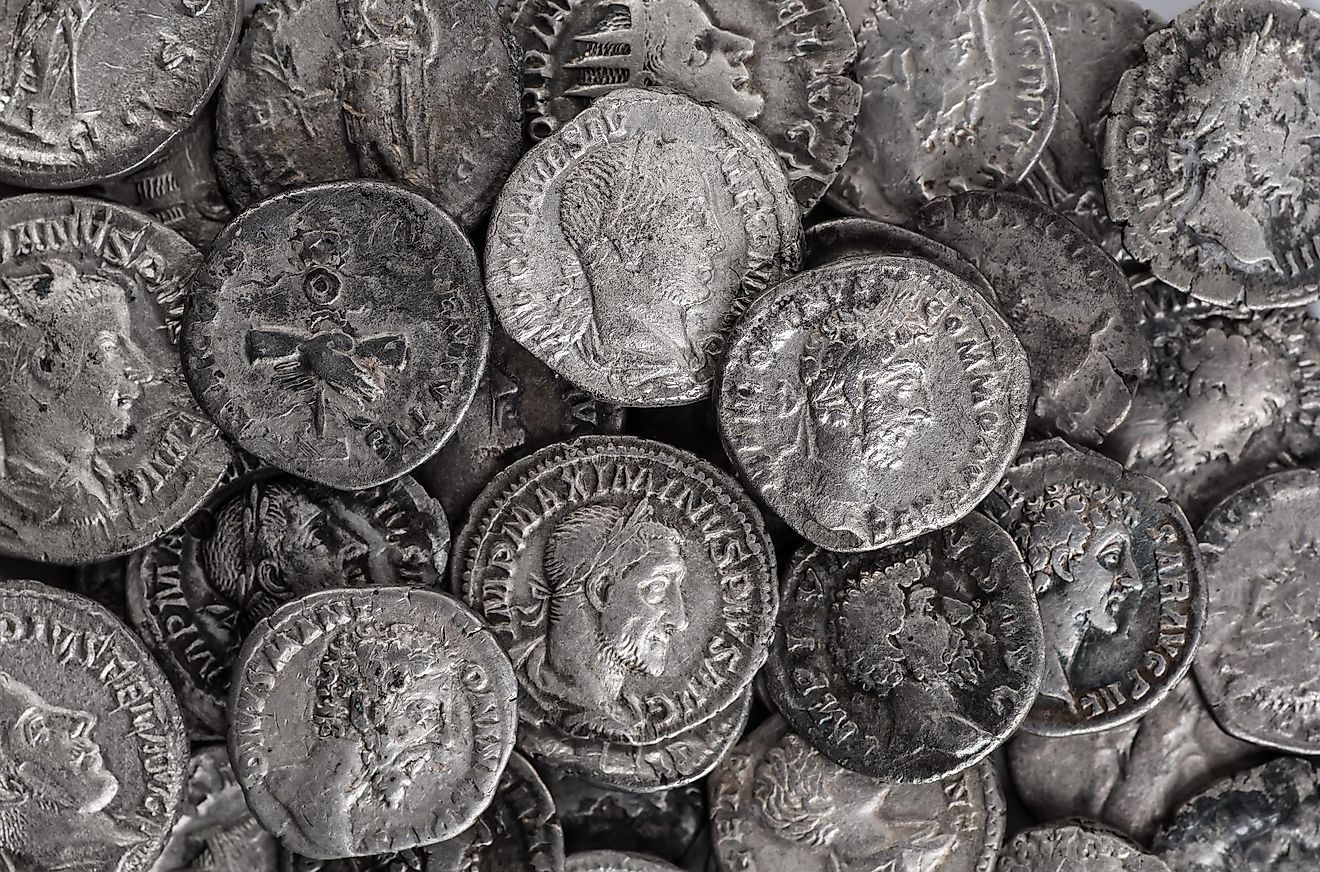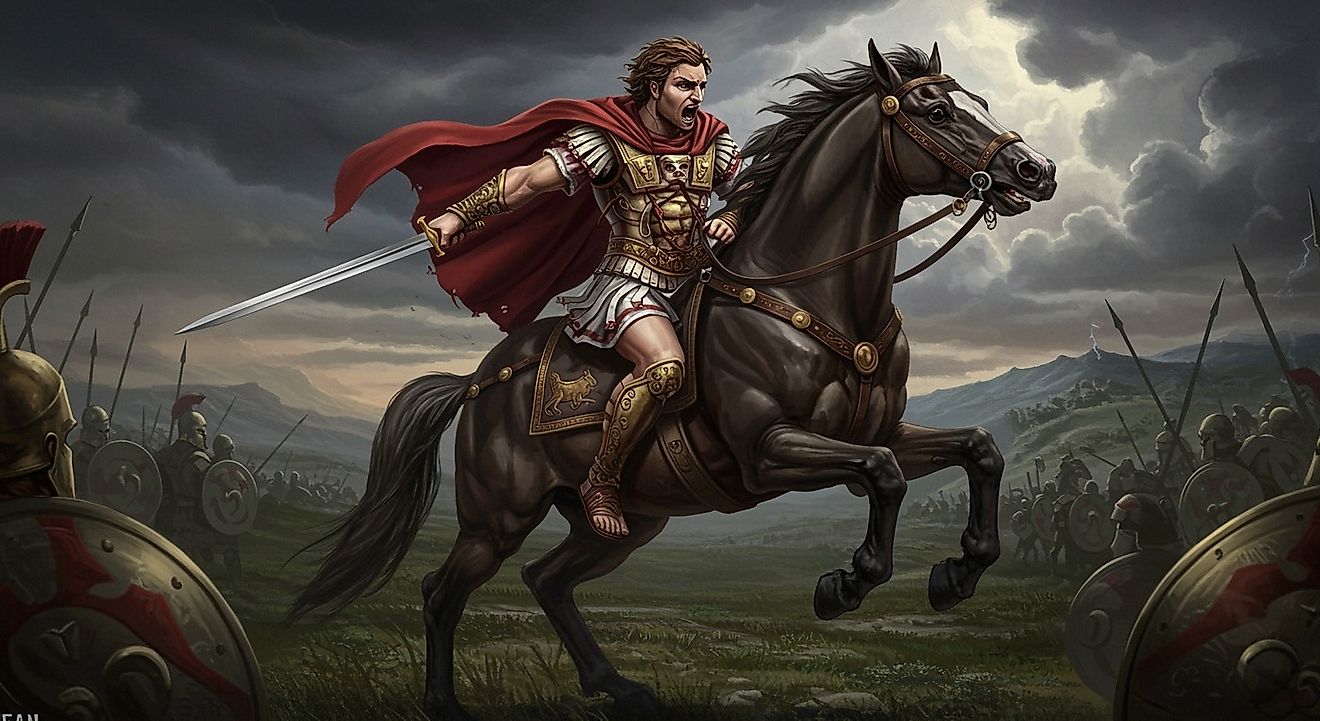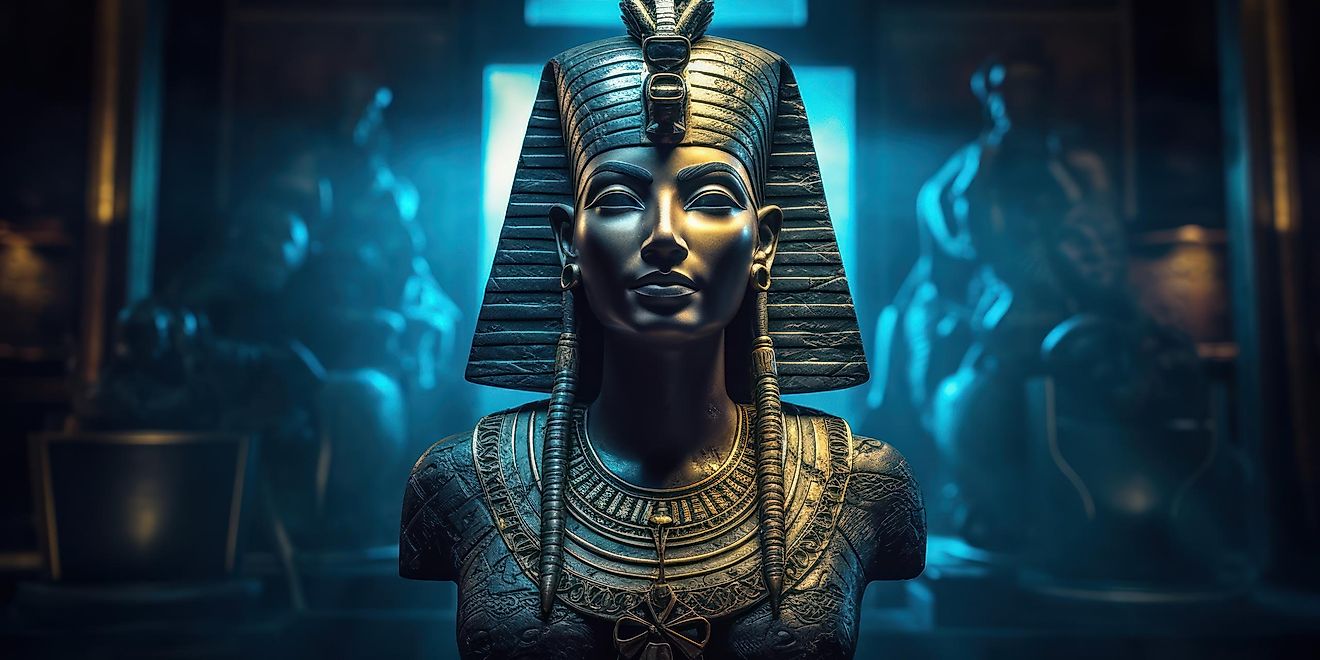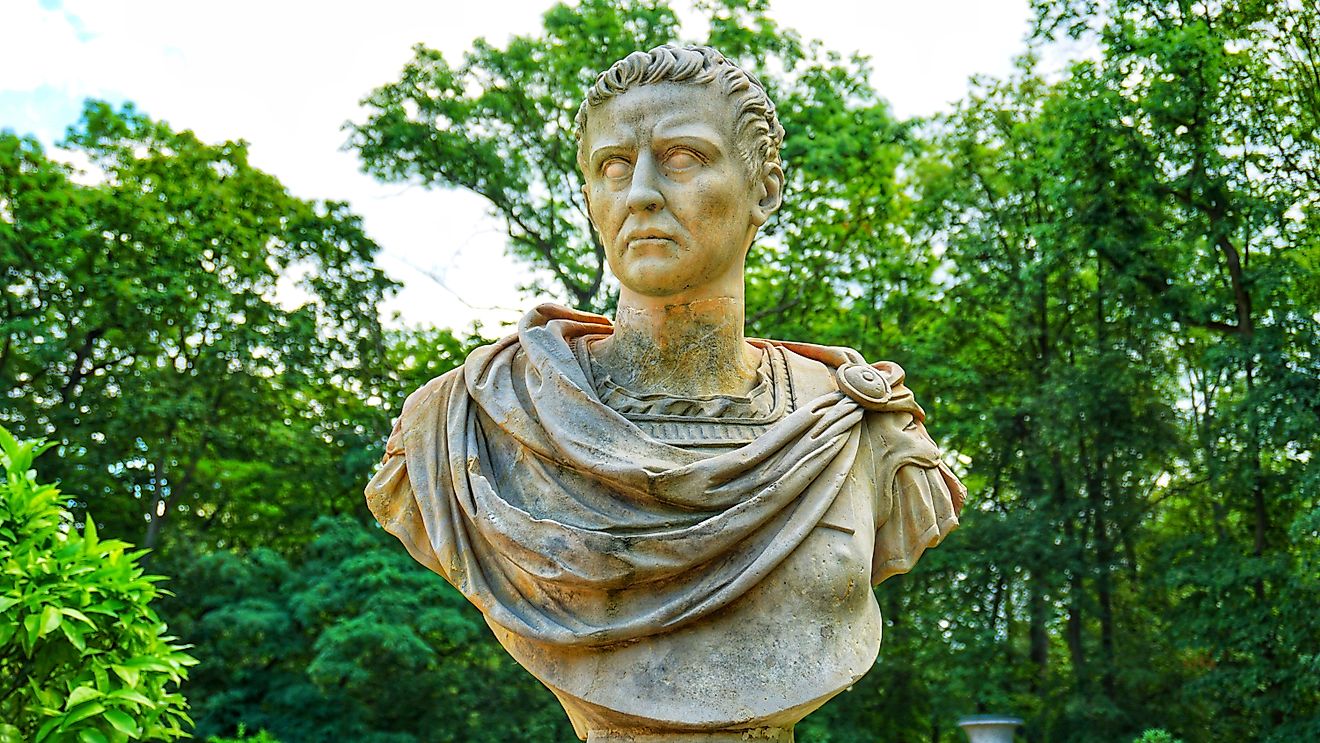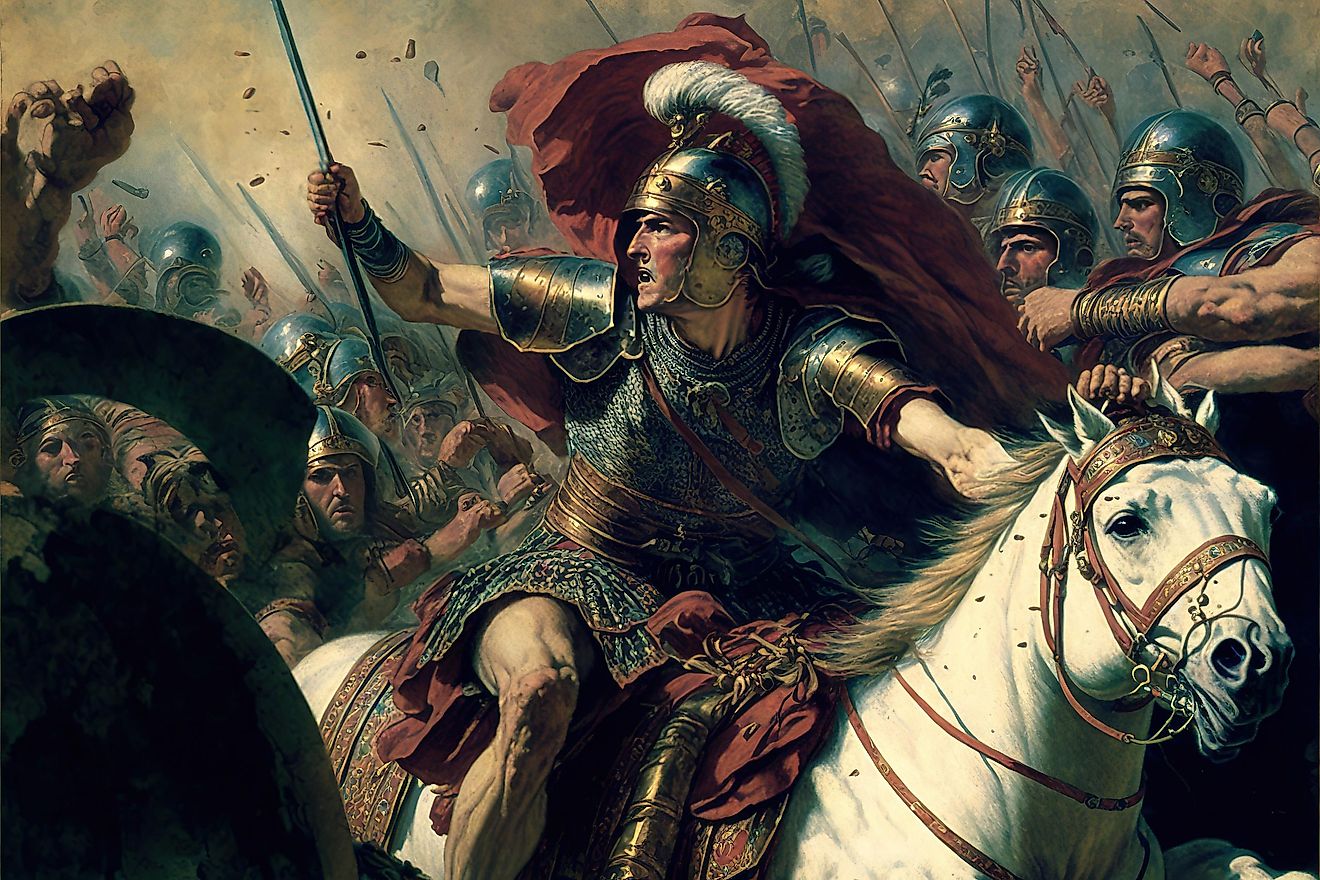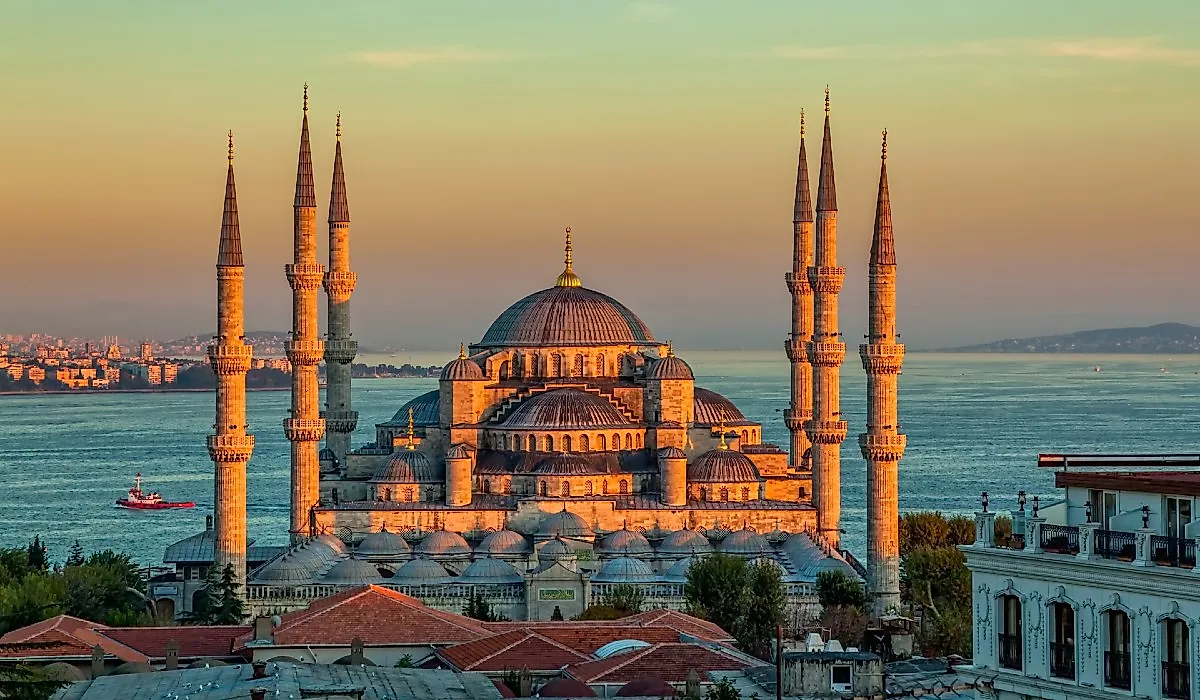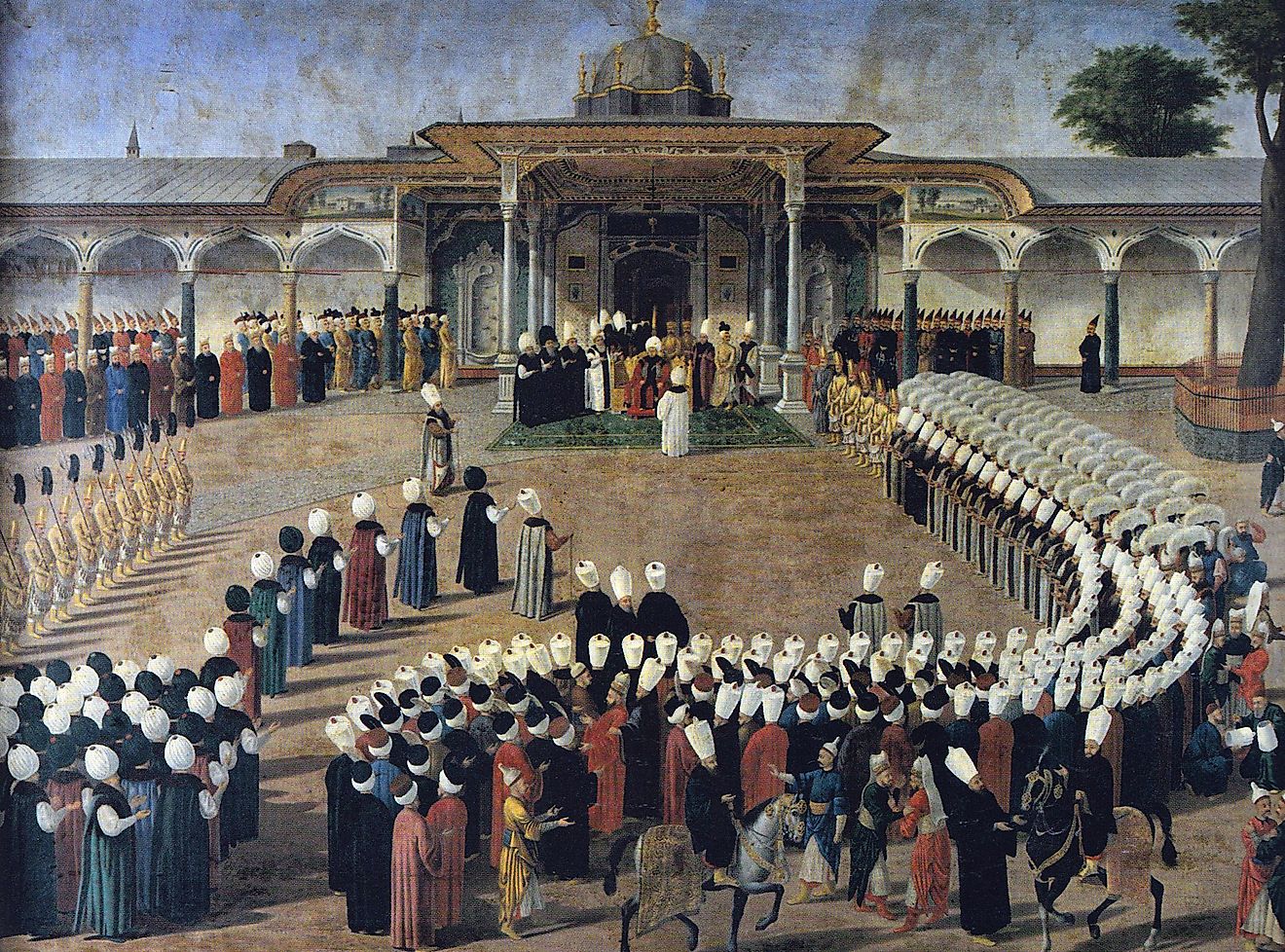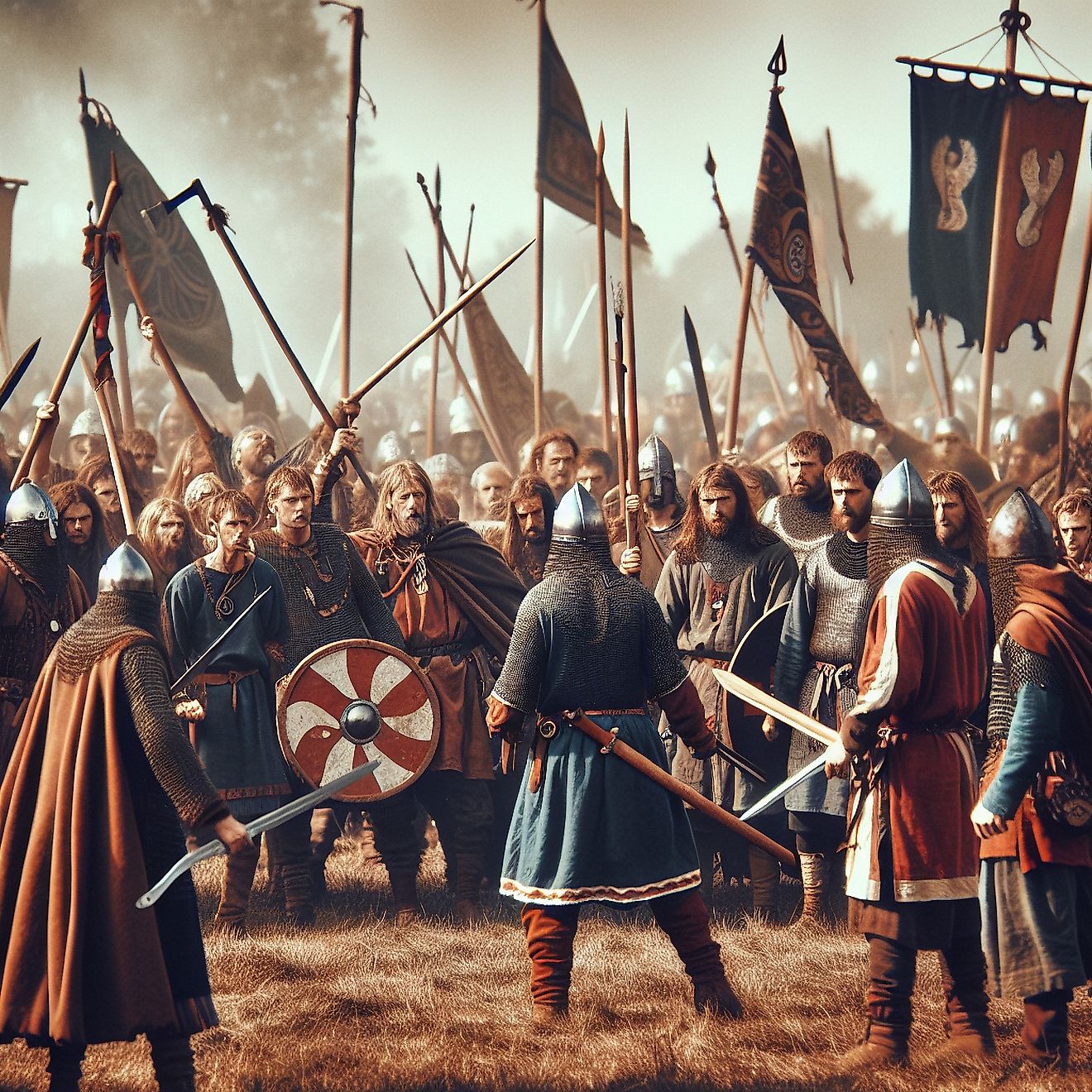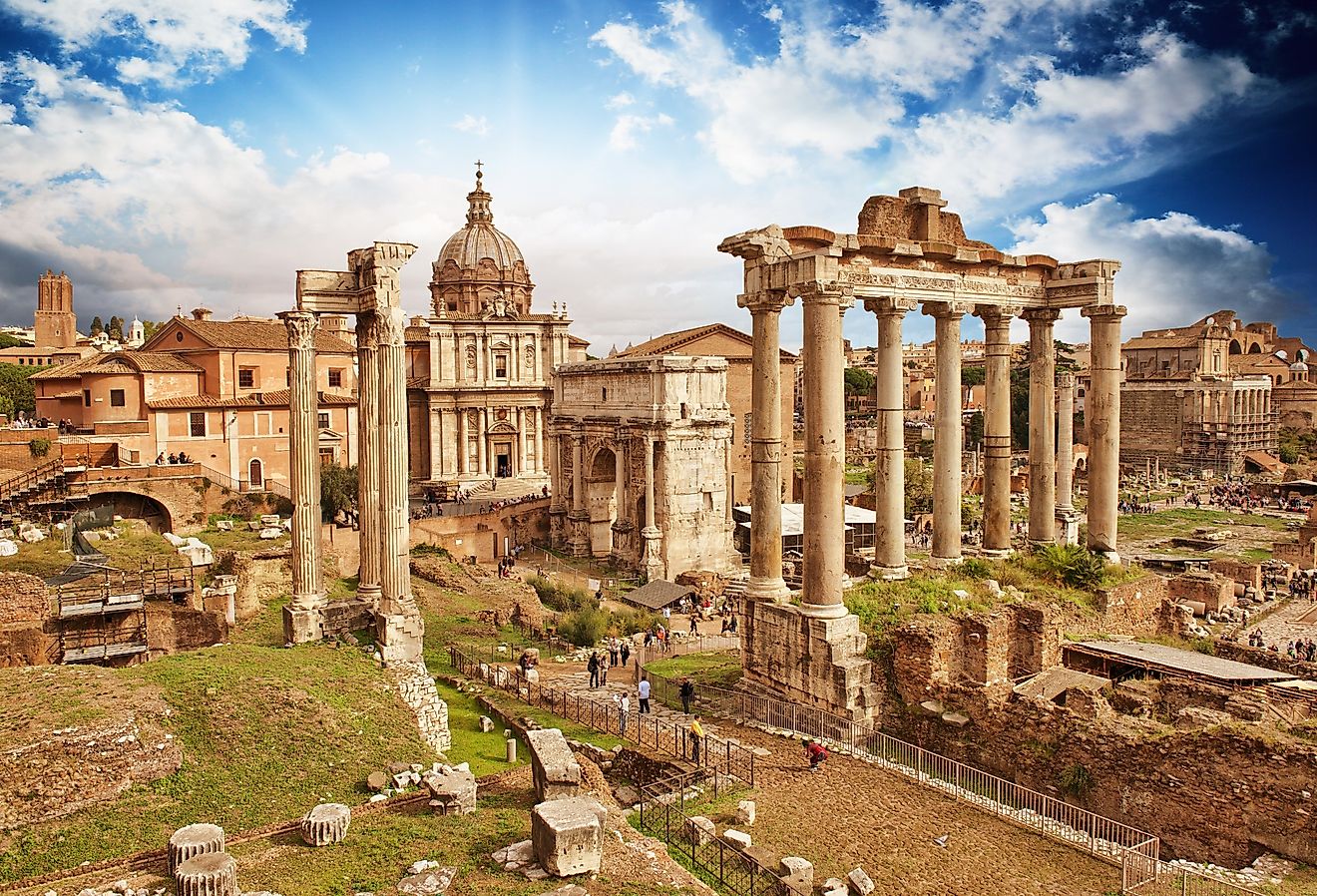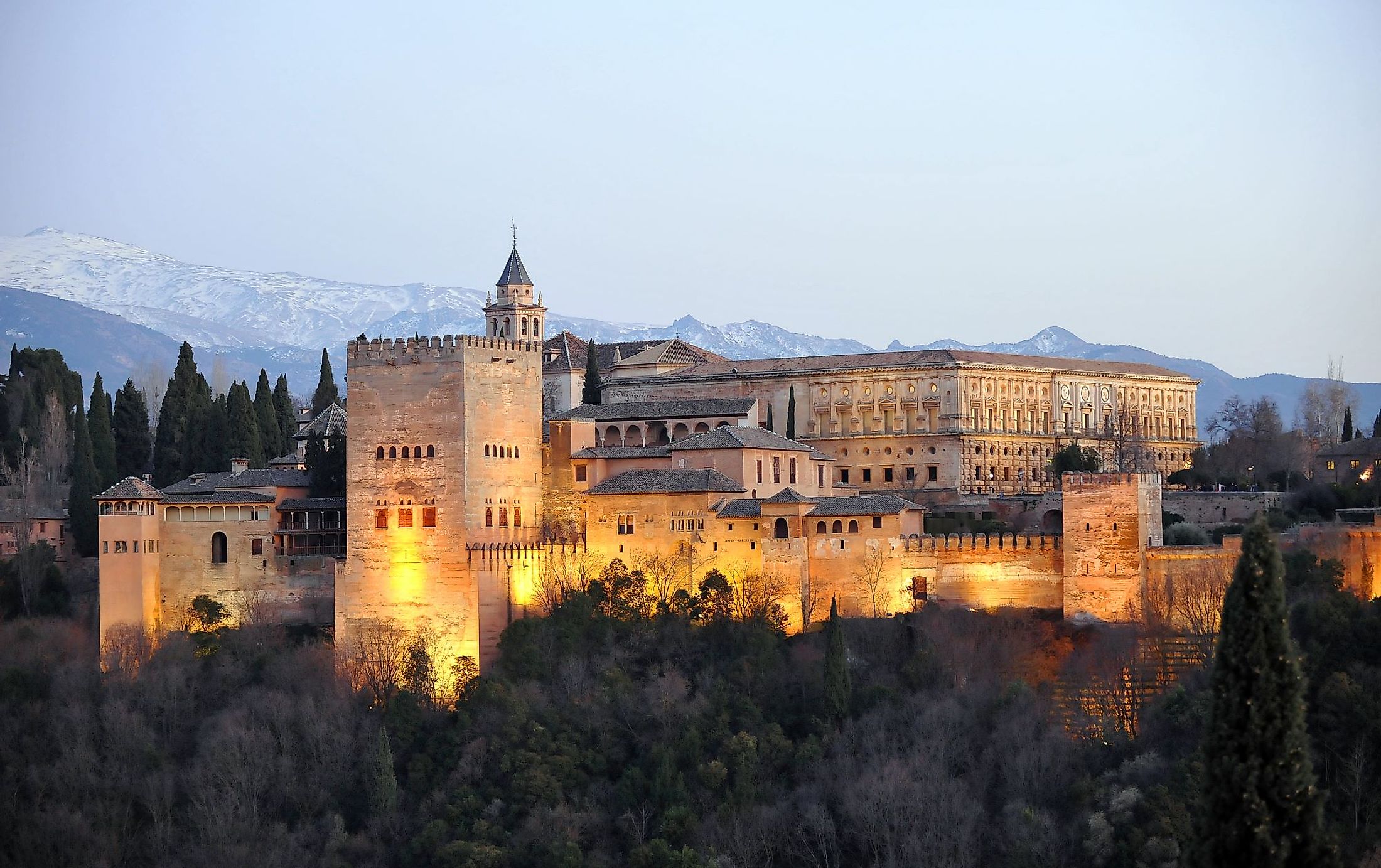
Al-Andalus: The Former Islamic States in Spain and Portugal
By the early 8th century AD, the Umayyad Caliphate controlled almost the entirety of the Iberian Peninsula. Using the momentum from their conquests in the Middle East and North Africa, the newfound Muslim empire made short work of the disunified Visigothic Kingdom that laid claim to the land.
At astonishing speed, the Arab and Berber conquerors brought with them a new faith, culture, and society to the region that would last for nearly 800 years. This is the story of Al-Andalus.
Umayyad Conquest
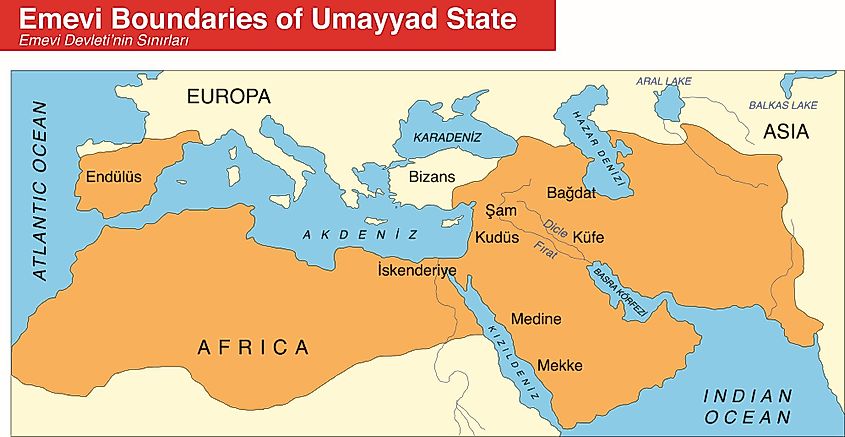
The conquest of the Visigothic Kingdom was quick and decisive. Plagued by civil war and disloyal allies, it is said that in the pivotal battle of the campaign against the Muslim armies, the Visigothic King Roderick was betrayed by nearly half of his nobles. Needless to say, the Visigoths lost the battle, and Roderick was most likely killed in the fighting. The Umayyads conquered nearly all of the Iberian Peninsula aside from a few remote areas of the Pyrenees Mountains. It was from here that a small Christian kingdom survived. The Umayyad onslaught continued into France until they were beaten back by the Frankish King Charles "The Hammer" Martel at the Battle of Tours in 732 AD. This victory would keep France free of Muslim conquest, but the same could not be said for their southern neighbors. For the next 800 years, much of Spain and Portugal would belong to Muslim sultans and caliphs.
Al-Andalus: A Umayyad Refuge
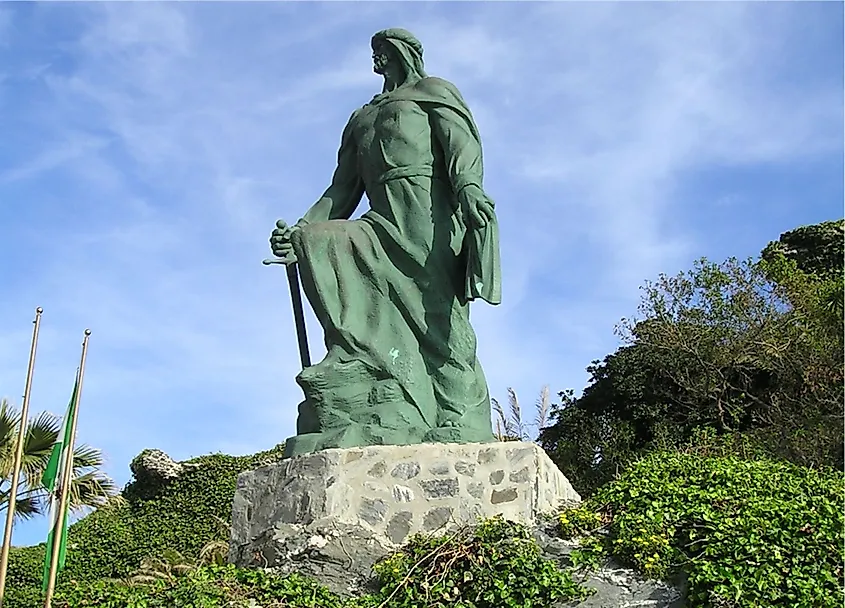
In the decades after their initial conquest, the Umayyad rulers in Spain and Portugal did their best to consolidate their power. With much of the previous Visigothic aristocracy either dead or in exile, new Muslim rulers were propped up in their stead. Not too long after Al-Andalus fell into the hands of the Umayyads, a rebellion was launched against Umayyad rule back in Syria. The rebels were victorious, and soon the Umayyad Caliphate became the Abbasid Caliphate.
Due to its immense distance from Syria, Al-Andalus quickly became a refuge for those who remained loyal to the old regime. Abd ar-Rahman I, a civil war survivor, fled to Spain and Portugal and gained regional power. The Umayyad Dynasty would live on until the middle of the 10th century in Spain, when it was fractured through a series of civil wars and political crises.
Acceptance And Tolerance
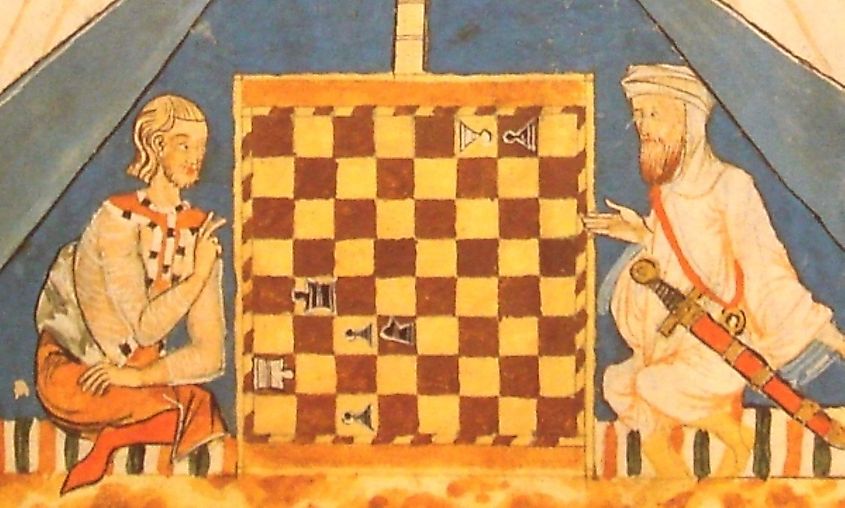
Of the few things that are commonly known about Muslim rule in Spain, one of the most prevalent factoids is how supposedly open and tolerant it was when compared to the nearby European kingdoms. But is it true? Was Al-Andalus a beacon of progress during the European Dark Ages? Like many things, it was a bit of both. Religious minorities like Jews and Christians were indeed able to advance through society much more easily than in Christian Europe. Positions that held sizable power were regularly granted to members of minority faiths, which would have been unthinkable for a Muslim or Jew in France, Castile, or Aragon.
However, Jews and Christians were never viewed as their Muslim rulers' equals. The members of the other Abrahamic faiths were forced to pay a special tax called a jizya. This was levied against any non-Muslim. It also was not uncommon for specific dress codes to be enforced on these religious minorities. By modern standards, the powers of Al-Andalus are certainly lacking when it comes to civil rights. But when held up to their contemporaries in the Middle Ages, Al-Andalus was a much more open and tolerant place.
Science, Education, And Architecture
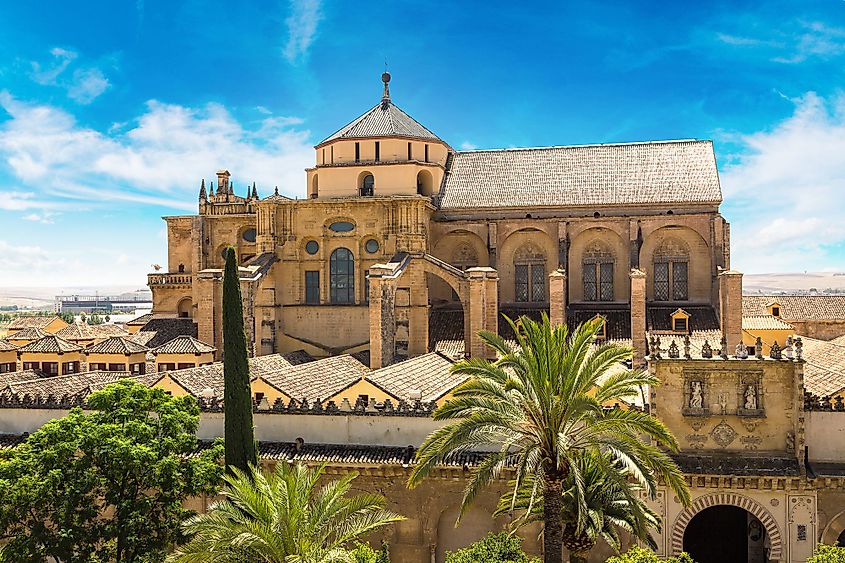
One of the most long-lasting and impactful legacies of Muslim Spain is its scientific breakthroughs and academic marvels. Abd al-Raḥmān III, undoubtedly the greatest ruler of the Spanish Umayyads, commissioned countless educational bodies and organizations geared towards sciences and medicine. Academies for architects, doctors, artisans, and artists were all built under his rule. Soon Cordoba, the capital of his sultanate, became the most advanced city in Europe. Some historians even argue that Cordoba surpassed the Golden Age of Bagdad at this time. Abd al-Raḥmān III would also secure the frontier with the numerous Christan states to his north. After winning a handful of clashes with the Kingdom of Leon and Navarre, relative peace was secured for the remainder of his rule. However, upon his death, his achievements would begin to unravel.
The Reconquista
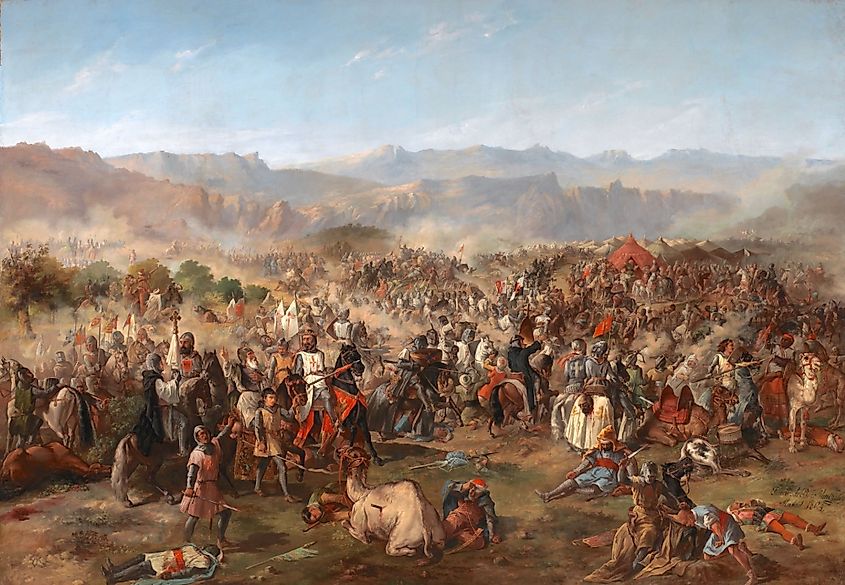
Since the initial invasion of the Iberian Peninsula in the early 8th century, the native Christian population has resisted fiercely. Despite being relegated to the peninsula's most remote and impoverished regions, the Christians continued a relentless reconquest of their homeland. By the 10th century, sizable holds of Al-Andalus revolted and formed the Kingdoms of Castile and Leon. Both of them would go on to lead significant campaigns against Muslim rule. Bickering between the Muslim rulers and civil wars continued to undermine their power. Each time any weakness was sensed by the Christian kingdoms, they would capitalize and gain more ground. In 1212 AD, Aragon, Navarre, Portugal, and Castile combined forces to defeat the last major threat to the Reconquista. In 1492, the final Muslim stronghold in Grenada fell. Soon after, many Muslim and Jewish families that had inhabited Spain for centuries were forced to either convert to Christianity or be deported.
The Muslim states of Al-Andalus will forever be one of the most intriguing civilizations of the Middle Ages. A center of education and science, as well as relative tolerance and openness, it certainly stood out from other European societies at the time. The legacy of these people still lives on in the architectural wonders that they left us. The Great Mosque of Córdoba, which is now a Catholic cathedral, is visited by millions of tourists each year.
